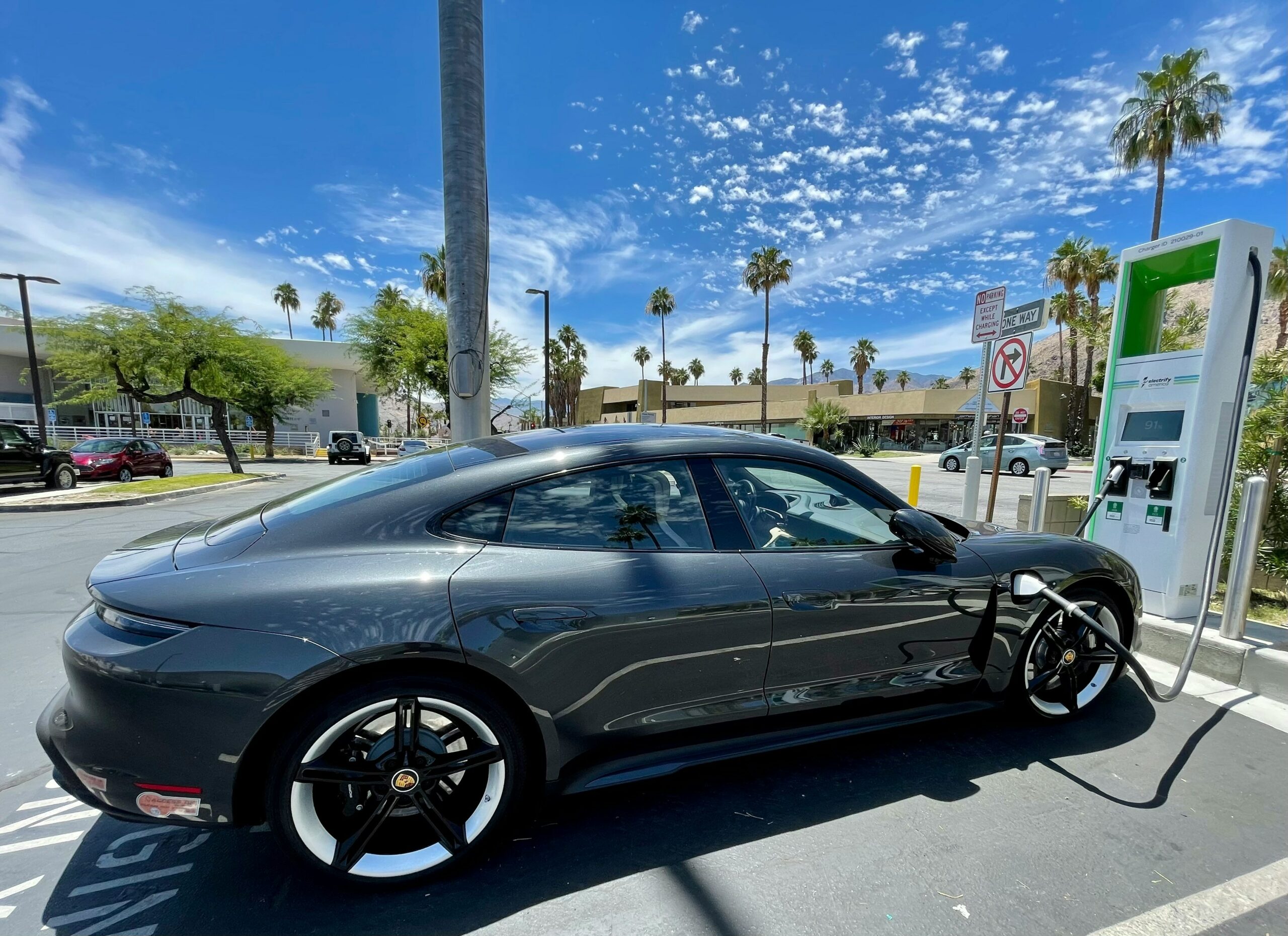Even with groundbreaking solutions like next-generation e-fuel plants and biochar facilities, climate tech startups often find themselves at a critical juncture – the “first-of-a-kind valley of death” (FOAK). In this challenging phase, these startups must navigate a complex funding landscape to scale their proven technologies from the lab to full implementation. This article explores the strategies and solutions that climate tech innovators can employ to overcome the FOAK hurdle.
Financing a FOAK facility typically requires substantial investment, ranging from €30-50 million. At this stage, startups face a dilemma as they fall between the financing gaps of traditional sources. Banks and debt financing options are cautious due to the perceived high risks associated with unproven technologies. Generalist venture capital funds seek revenue and traction at the Series B stage, which is often lacking in FOAK endeavors. Dedicated climate funds, on the other hand, are constrained by ticket sizes that may not align with the funding needs of these innovative startups.
Yair Reem, an investor at climate-focused VC fund Extantia, suggests a pragmatic solution – altering the capital stack. He advocates for a balanced mix of debt, grants, and equity, with a third of the funding coming from each source. This approach reduces the equity component to a more manageable level, increasing the likelihood of successful fundraising.
Successful climate tech startups have employed creative funding strategies to navigate the FOAK stage. German startup INERATEC, specializing in e-fuels, used a combination of grants from the European Innovation Council and Germany’s Federal Ministry for the Environment, Nature Conservation, Nuclear Safety, and Consumer Protection, along with venture capital equity. Additionally, working closely with customers and securing offtake agreements were vital components of their financing strategy.

Reverion, a biogas plant startup from Germany, secured 50% of its FOAK financing from grants provided by the Bavarian government, emphasizing the importance of local partnerships. By showcasing the potential for green job creation, startups can tap into state-level grants and local banks for additional debt financing.
Job creation emerges as a crucial factor not only for securing local grants but also for attracting support from local banks interested in the socio-economic impact of new projects. By emphasizing the potential for green job opportunities, climate tech startups can diversify their funding sources and strengthen their position in the FOAK phase.
Yoann Berno, former cofounder of VC firm Climentum Capital, highlights the need for collective efforts across stakeholder groups. Forming alliances between investors, startups, and other key players can create a strong consortium, serving as a risk mitigation strategy for FOAK projects. Such collaborations could open up new avenues for mixed capital sources and foster a supportive ecosystem for climate tech innovation.
Once startups successfully navigate the FOAK stage, a new pool of funding opportunities emerges. With proven technologies and tangible results, these companies become less risky, attracting interest from banks, global private equity funds, and infrastructure funds. This post-FOAK phase represents a significant jump in valuation, transforming startups from venture cases to infrastructure players with almost limitless market potential.
To stay informed about the climate industry explore our latest climate tech news.








